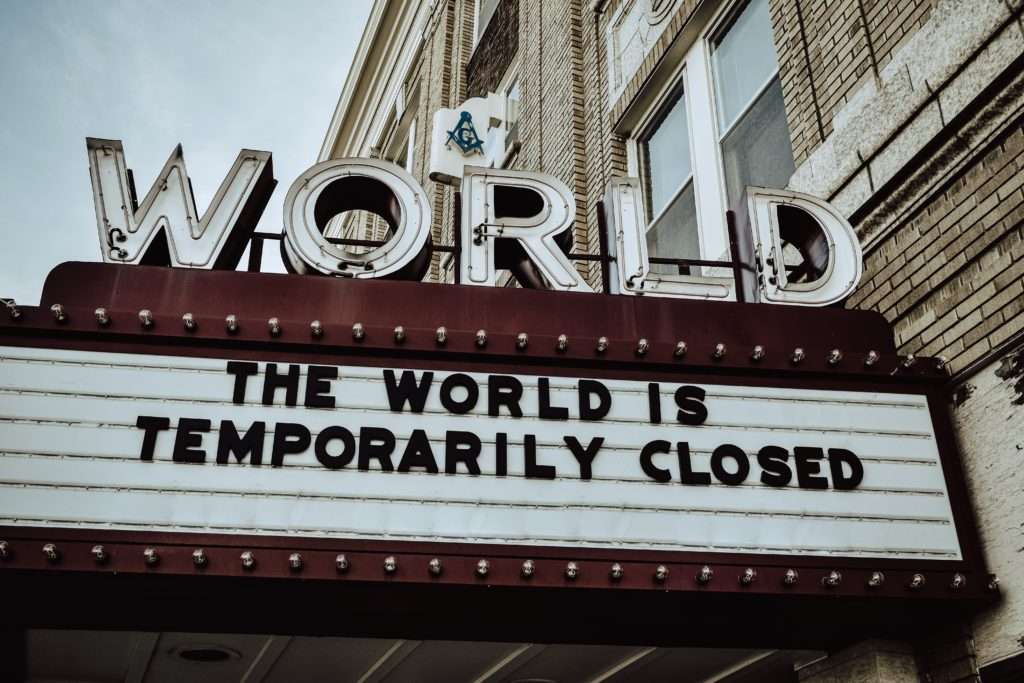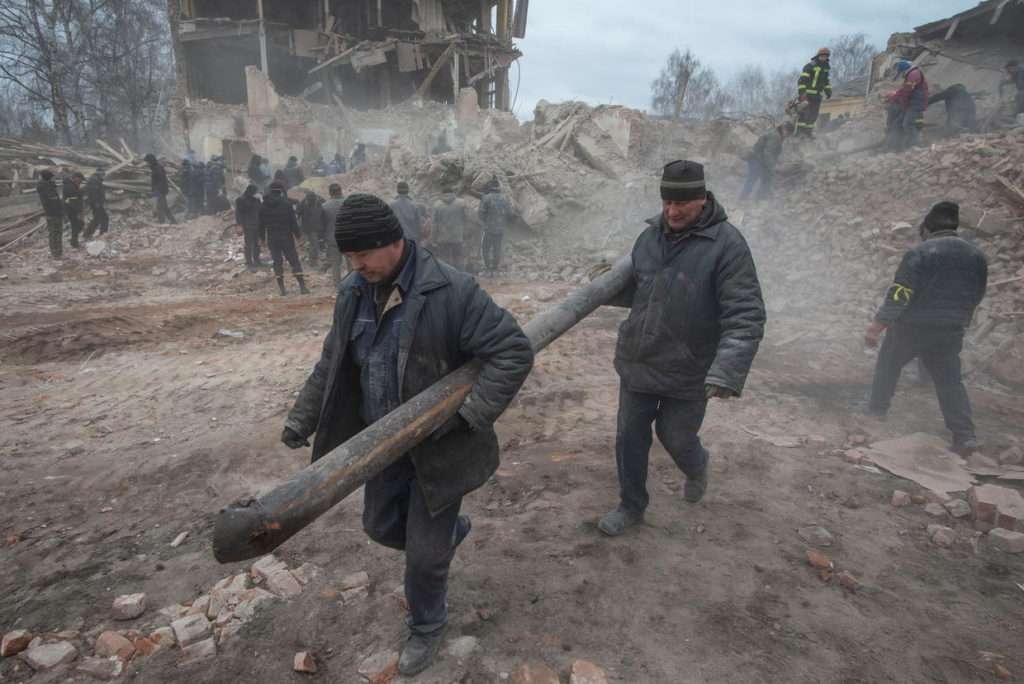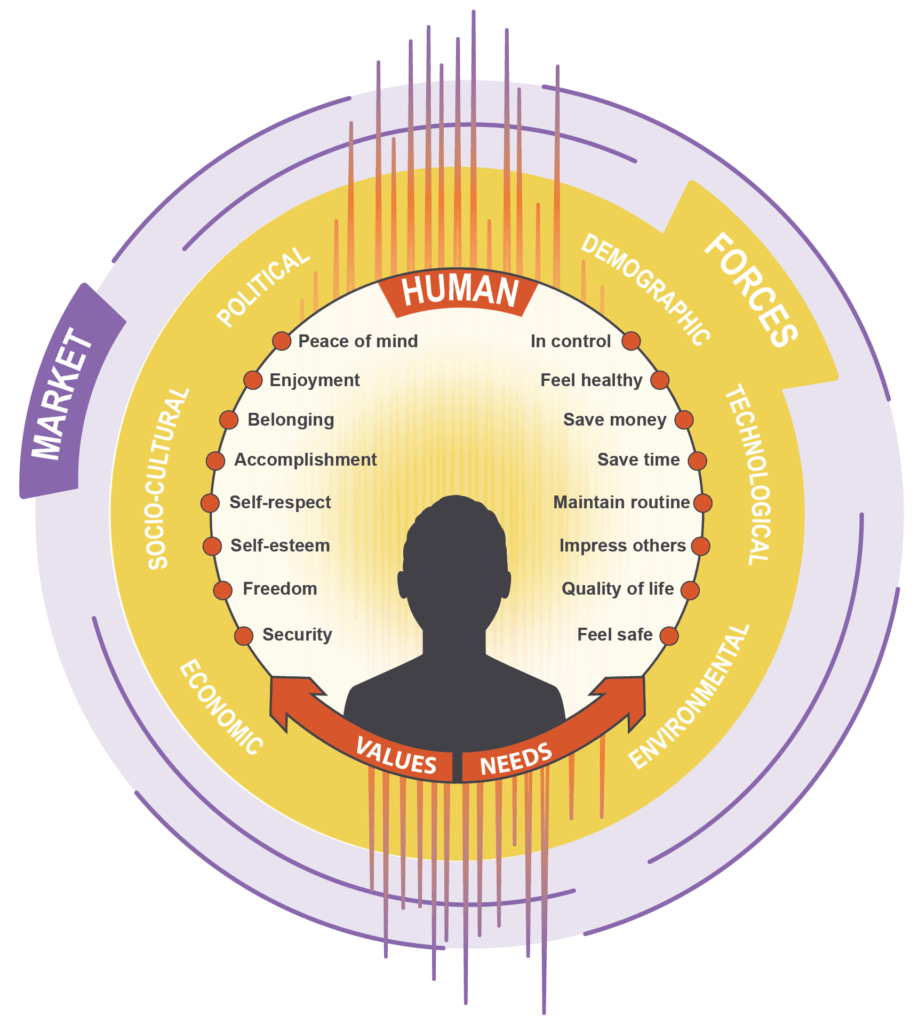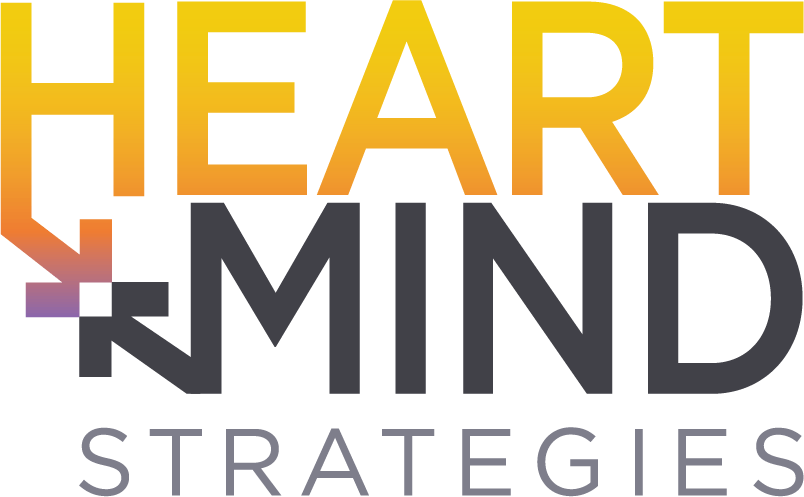We are seeing a phenomenal ray of hope amidst an otherwise dark era with the courageous, passionate, and powerful human connection of the Ukrainian people to stand up for good over evil. The contrast with the Putin-led Russian invasion of their country is stark, and it is inspiring people around the world more and more each day.
Moments of tragedy and crisis always reveal character. They force decisions to act, and the consequences of choices are almost always immediate.
We celebrate the power of choice. We champion the human triumph of good over evil. While it is unimaginable to contemplate the tragic loss of life we are seeing play out in realtime, we see these unfolding events as a beckoning call for much-needed unity across society today to look beyond self to build authentic human connections for good.
RELATED: How Doing Good Can Strengthen You AND Your Organization
Adapting to Separation
Connecting with one another has always been a big part of what makes us human. Before the COVID-19 pandemic took hold two years ago, human contact and community was part of everyday life in ways we likely took for granted. People went to work. Kids went to school. And we gathered in large groups to shop for food, see a movie or try a new restaurant. Introverts and extroverts alike spent more time than we realized connecting with others through intentional and unintentional ways.

But when COVID-19 began to spread wildly and suddenly, fear took hold as many suffered real loss around the world – Moms, Dads, sisters, brothers – the list goes on. Facing the unknown, we were given a new social code: To be together, we must stay apart. It was because of our love for others – family, friends, community – that we needed to keep our distance. Many say they adhered to mandates and guidelines not for their own health, but for the health of others.
It was because of the ones we love to be with that we were alone.
During school closures and work from home life, we adapted as only humans can. We did as much as we could to be creative with our time in isolation, not knowing how long it would last. At first, we changed little things about our lives…we focused on home projects, shopped online instead of in stores, FaceTimed loved ones and watched Netflix. We cooked more at home, skipped the gym and reorganized our junk drawers.
But we also made significant changes…we put dating, weddings and funerals on hold, unable to celebrate or grieve in groups. We worried about our parents and grandparents daily and watched our children try to learn from home.
RELATED: Connecting Back to Ourselves
Keeping Our Finger on the Pulse of Human Sentiment
During the confusing early days of the pandemic, we launched an online roundtable series, Connections, to discuss our national tracking survey, the Pulse, which set out to unearth how Americans were responding to COVID-19. Through this research, we want to connect with others and pinpoint the raw human emotions at play.
Our Pulse findings reflect the rollercoaster of the past two years. In the spring of 2020, our Pulse data clearly showed that the shock of the pandemic left Americans feeling concern, caution and worry. By September 2020, things began to improve and we tracked a steady uptick in optimism. But when the Delta variant started to spread and stark ideological disagreements erupted about the vaccine and mask mandates, feelings of hopelessness soared. Optimism dipped down to only 22 percent, the same low level seen at the beginning of the pandemic.
As optimism declined, we noticed fewer people were expressing concern for one another. The genuine concern people once had for others was replaced by a growing frustration, fueling a “take care of me” outlook on life. This “individualistic” attitude is still felt today, as we continue to see an erosion of trust in traditional institutions.
People are tired. They don’t feel connected to themselves, or to one another. It is clear our efforts to stay physically healthy have led to mental health challenges we are only starting to realize. As humans, we have been greatly affected, and as a society, perhaps forever changed.
RELATED: Forging Human Connections in 2022
The New Normal
Now, two years in, experts believe COVID-19 will shift from a global pandemic to endemic, and we’re told this is something we will learn to live with as a society. As we move into this “new normal,” humans who have been conditioned for more than two years to isolate and distance are handling the shift back to “normal” in different and unexpected ways.
Then, in a sudden shift, the ruthless moves of a powerful tyrant across the world to invade a country and seek to destroy a people for control has triggered an awakening. Watching “always on” online footage of people fighting for their freedom and their leader literally putting the nation and others’ interests above his own seems to be reminding us what it means to be human and to be connected one to another. It is tapping into something we have long held to be true in this country but have lost sight of in recent years.

This latest shift with the Ukrainian reality prompts the question, what will we choose to be “normal” for our people, our society, and our efforts moving forward with the very real divide, conflict, and isolation we now face?
Before the pandemic changed daily life in significant ways, many were already struggling with isolation, loss of community and heightened political partisanship. Just as the Russian army started their invasion of Ukraine, our Pulse survey measured only 34% of American adults feel connected to their community and society. Less than half (47%) say they feel connected in the important relationships in their life. And only 27% say they believe “most people can be trusted” today, a decline from 50% measured a few decades ago in this country.

Strengthening Human Connections
At Heart+Mind, all of our work centers around The Human. We see the world through a human-centric lens, and to do that, we explore every aspect of the human experience–from motivations to fears, from the heart to the mind.
This year, we’re focused on the importance of, and meaning behind, human connections to better understand decision making, behavioral shifts and choice. We’re exploring the importance of trust, loyalty and empathy in the human experience. We’re working to unpack authenticity and purpose, why they are needed and how they impact our clients’ success. We’re researching how human connections are formed and how they are strengthened.
We must strengthen human connections in our society. We must choose to proactively do so now. We invite you to take inventory of the connections you need to strengthen. We invite you to take action, for good.
As we stand with the people of Ukraine, let us choose to stand with the people around us in our community to build connections that bridge our differences and unite our country, for good.
